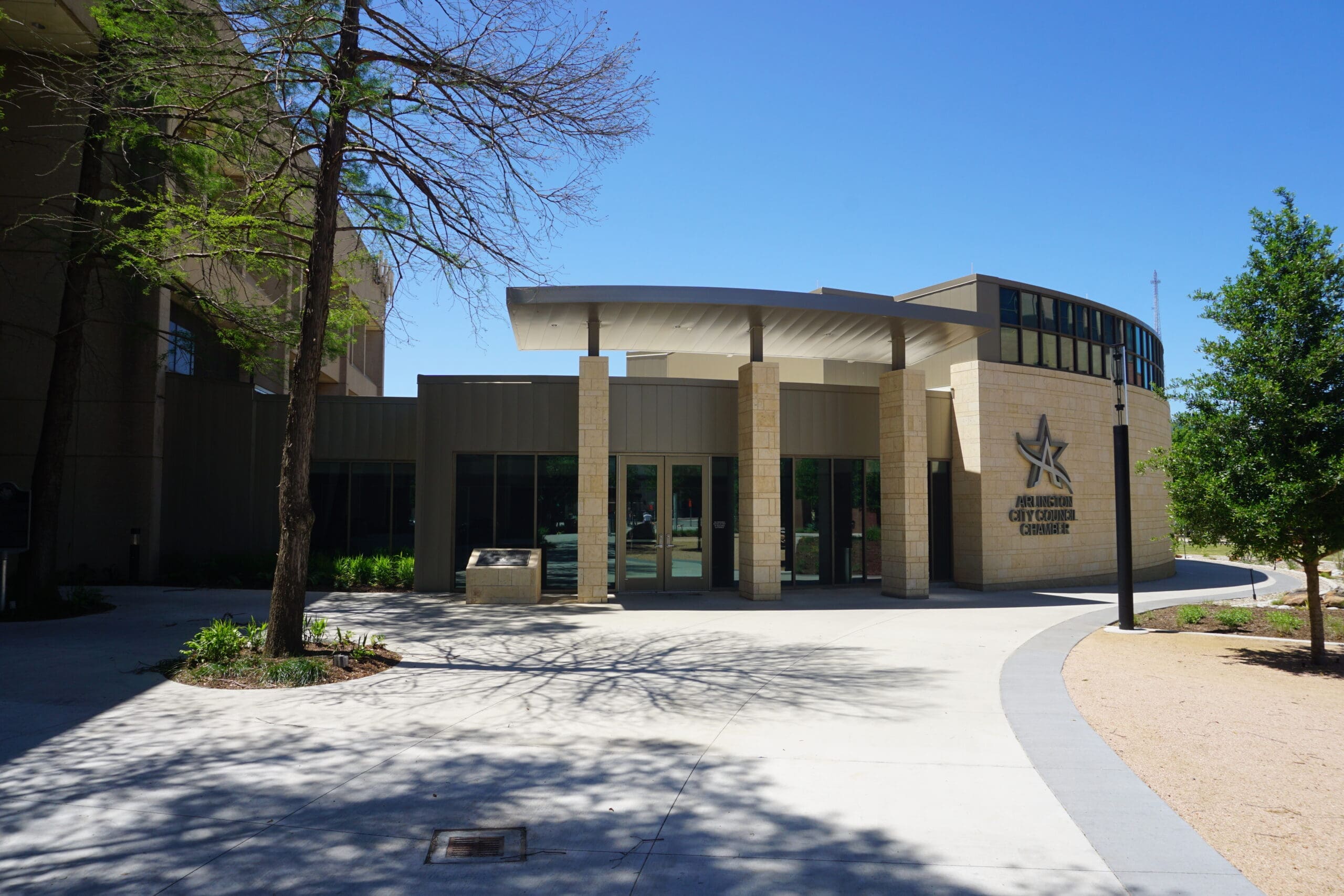In the petroleum-rich town of Midland, TX, the fluctuation of oil prices and population numbers weigh heavily on property tax-dependent entities, such as the school district and county. With last year’s dip in oil prices and the subsequent effect on mineral valuations and housing demand, the Midland County Appraisal District (MCAD) has struggled to rein in an estimate reflecting exactly how those fluctuations will affect property valuations and, in turn, tax revenue. In March, property valuations were predicted to drop a whopping 11%. In early May, the projected decrease was lowered to a 3-5% drop, and as of the end of May, valuations were estimated to stay flat or even increase by 1-2%.
As market numbers change, Midland ISD and the county have been focused on budget. Some may recall earlier in the spring when MISD’s Board of Trustees President, Rick Davis, advocated for a tax increase at the Chamber’s State of Education Luncheon. Not long after, County Judge Mike Bradford was quoted saying that the county plans to increase property taxes come October 1, in order to offset a projected loss in revenue.
However, since the most recent numbers released by MCAD have shown estimated values to increase or remain stagnant, residents are eager to see whether threats of a tax increase will subside as a result. Upon release of the new estimates, MISD Superintendent Dr. Ryder Warren announced that, unlike originally anticipated, “It appears far less likely that our school board will have to seek a Tax Ratification Election (TRE) this August.”
In fact, when discussing the budget with teachers, Warren stated that while the district still plans to make $9 million in budget cuts, draw roughly $5 million from the fund balance, and anticipates losing roughly $17 million to Robin Hood, “it is still able to provide a 3% salary increase for staff and a $1,000 retention bonus,” in an effort to offset the high cost of living and help recruit/retain teachers.
“The School Board is trying to show the community that it is working within its means,” says Warren. However, a tax increase is still on the minds of school leaders. He stated that the school board is hopeful that the district’s frugality will be well-received by the community, giving them “additional time to plan, seek community input, and agree on a plan that would include seeking a tax increase for one or more purposes that can be clearly communicated to the community.”
Midland County, on the other hand, is reluctant to follow suit with the district’s plan to freeze the current tax rate. This is despite what Bradford told residents earlier this spring: “the county will see its tax rate go up. [Due to] an estimated 35 percent to 40 percent reduction in mineral values and property valuations for the upcoming fiscal year.” At Tuesday’s Commissioners Court Meeting, however, Bradford said that, even though property valuations have not declined as originally predicted, the county must still consider sales tax revenue when determining the property tax rate.
At this juncture, it looks like a tax increase is still on the table for Midland residents.
Notably, despite their fiscal year ending in September 2014, Midland County has yet to publicly release last year’s Annual Audited Financial Statement, which would give residents insight regarding the most recent data on property valuations. It’s also unclear what information the county is using to determine whether its tax rate should be going forward since last year’s report has yet to be published and contains data that is already over eight months old.
More importantly, without the public release of such financial information, it will be nearly impossible for residents to determine how prudently their own officials are governing.




